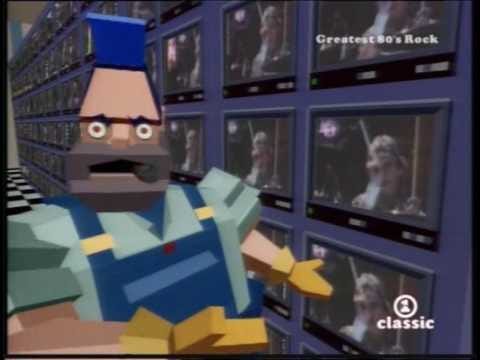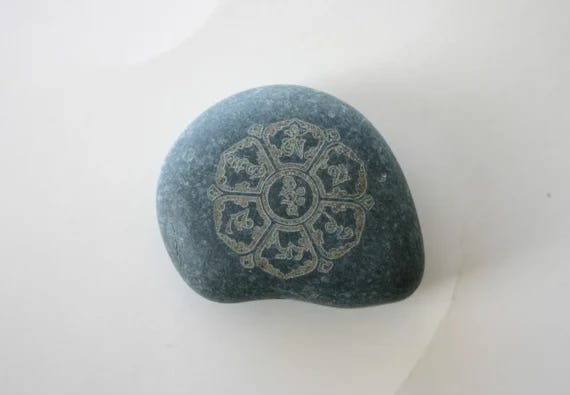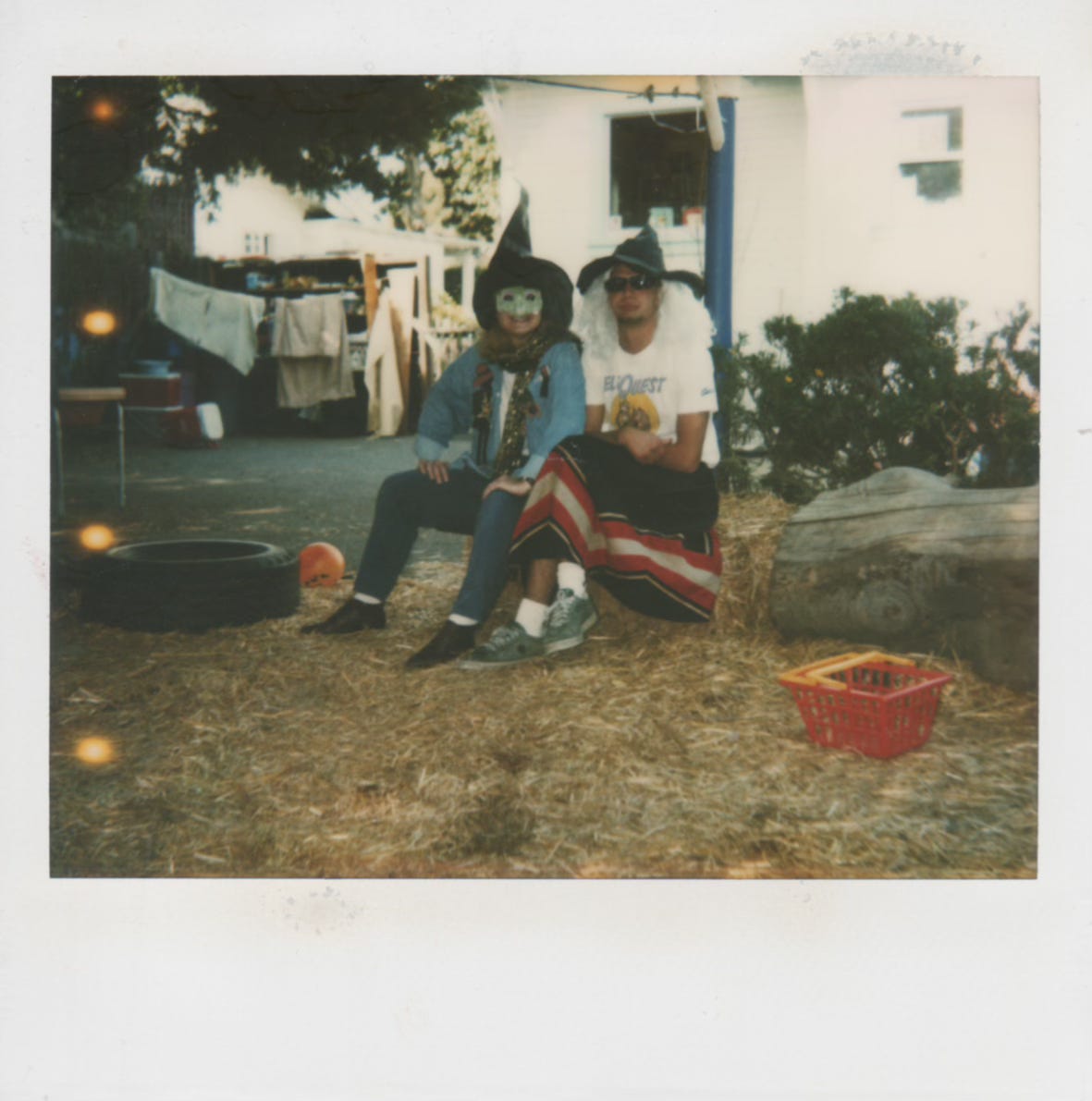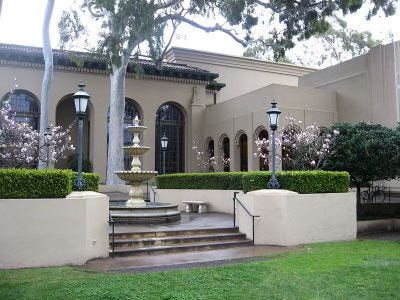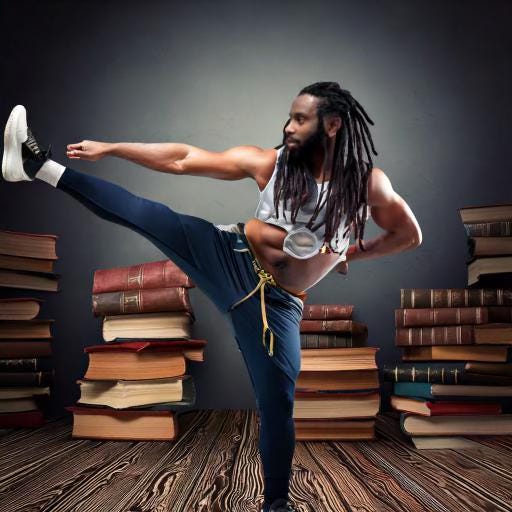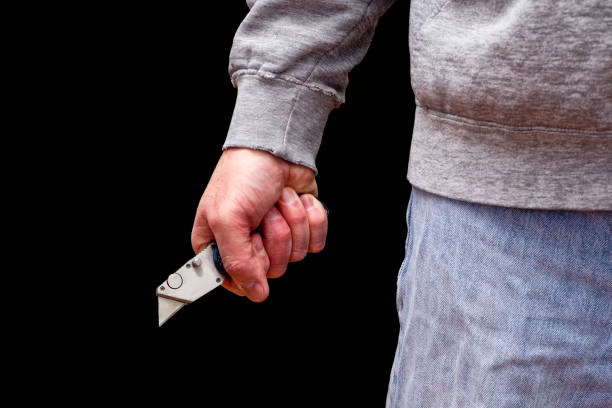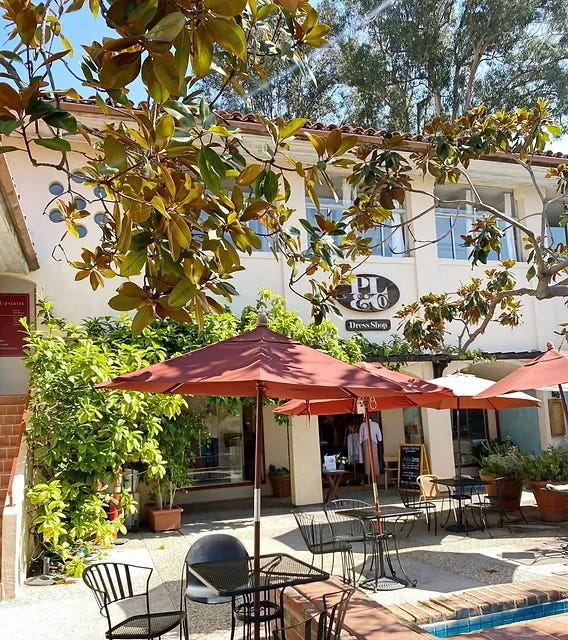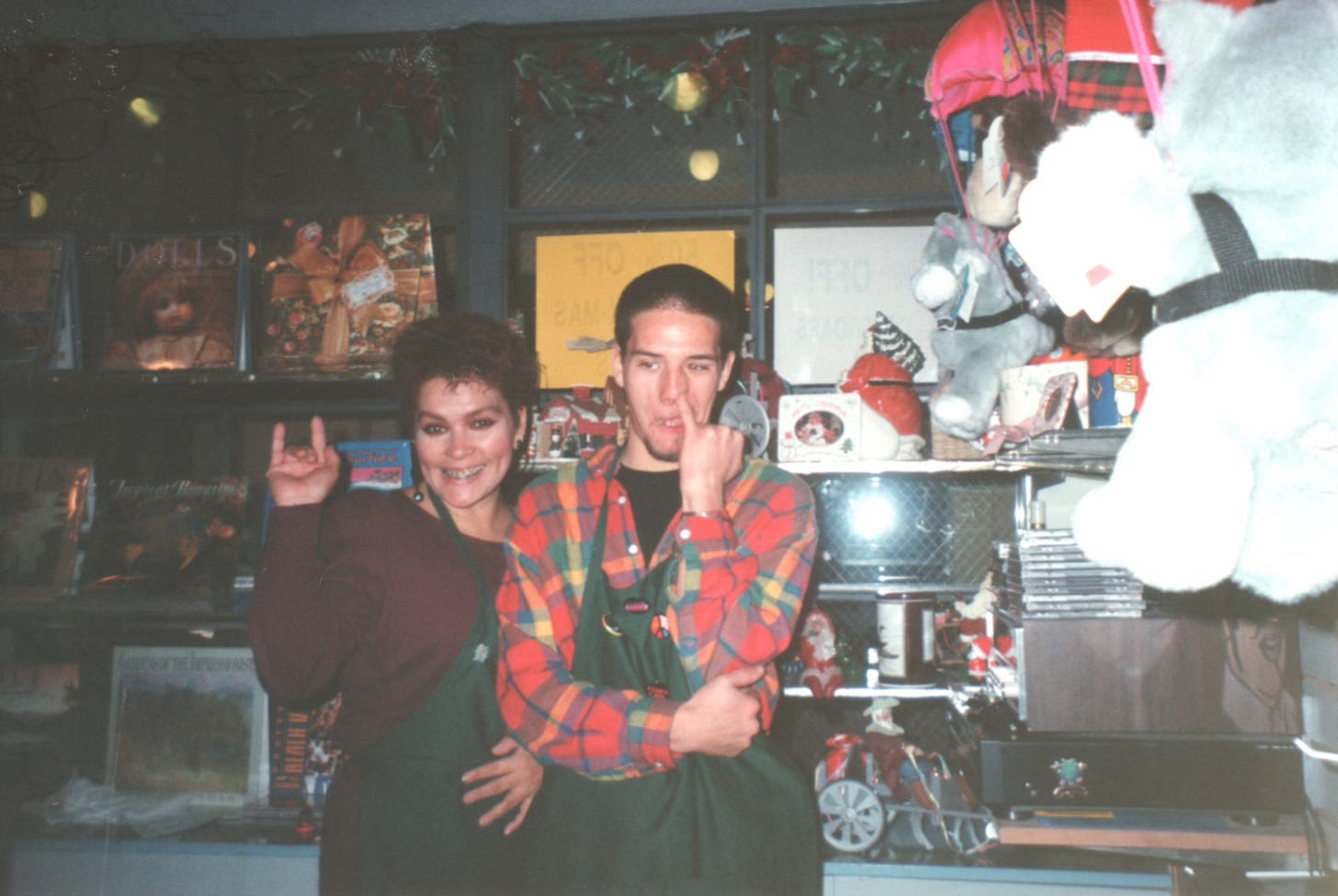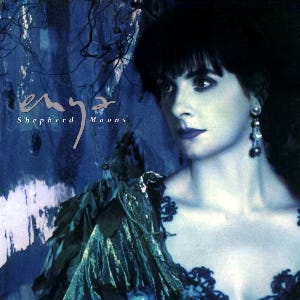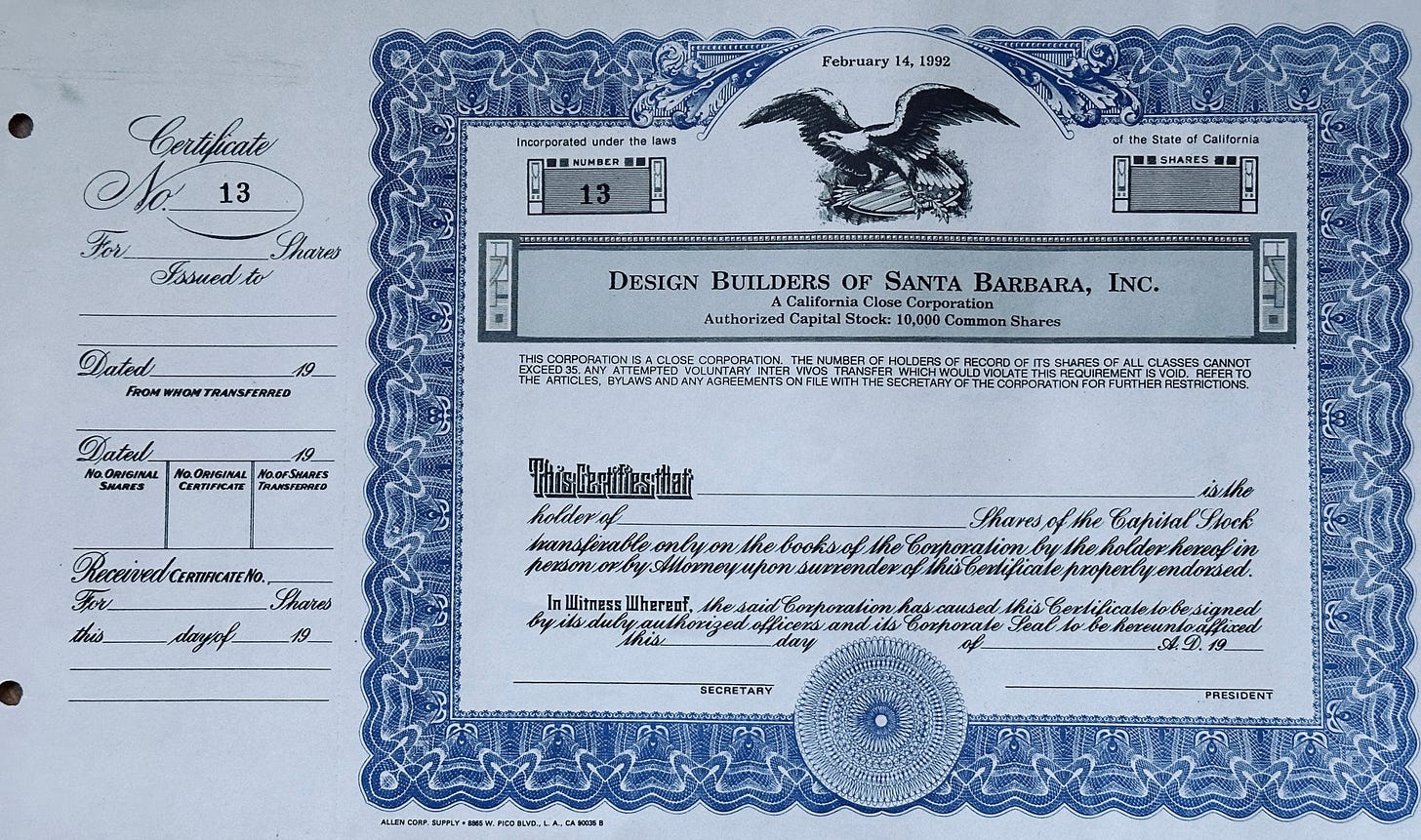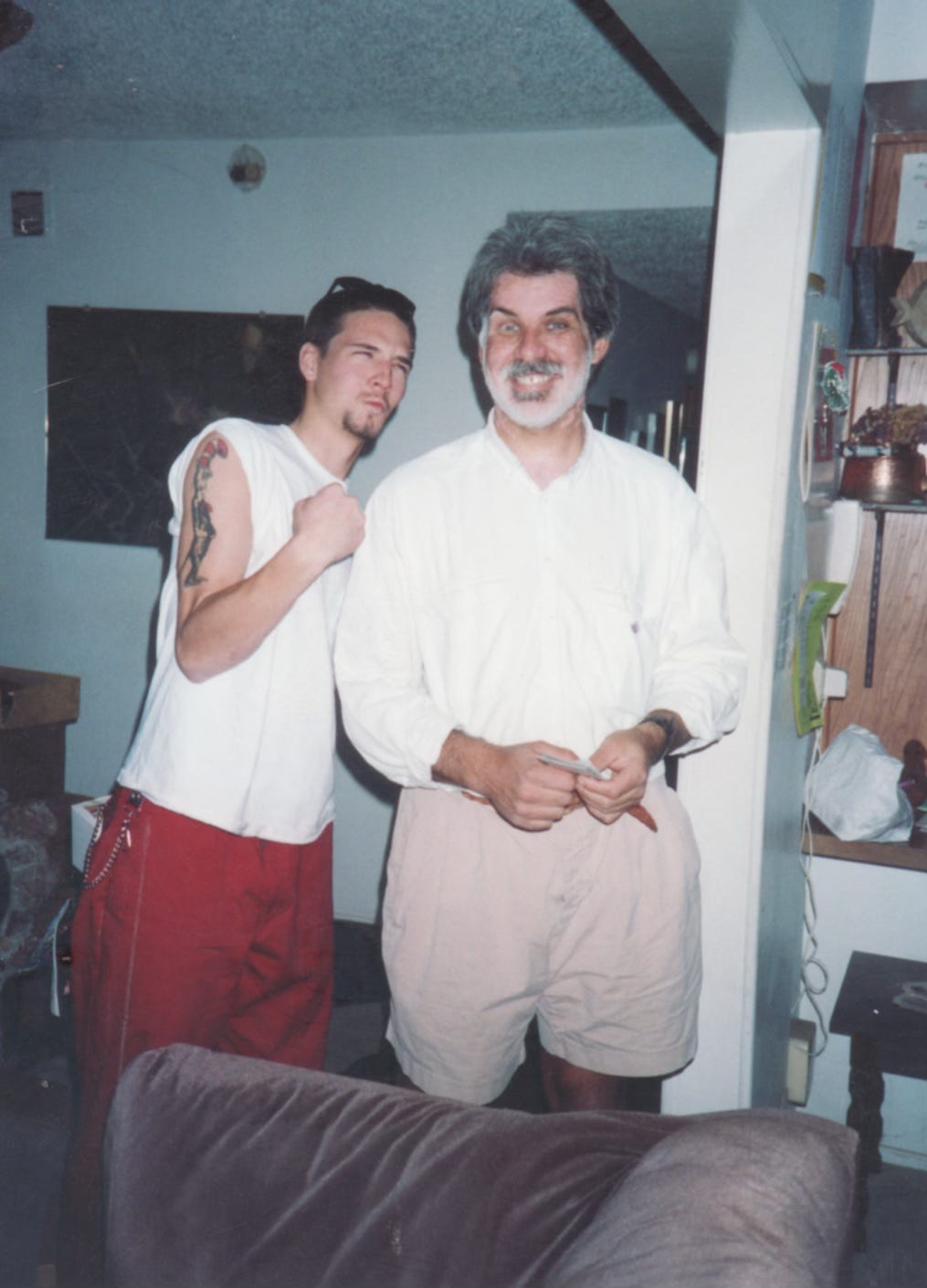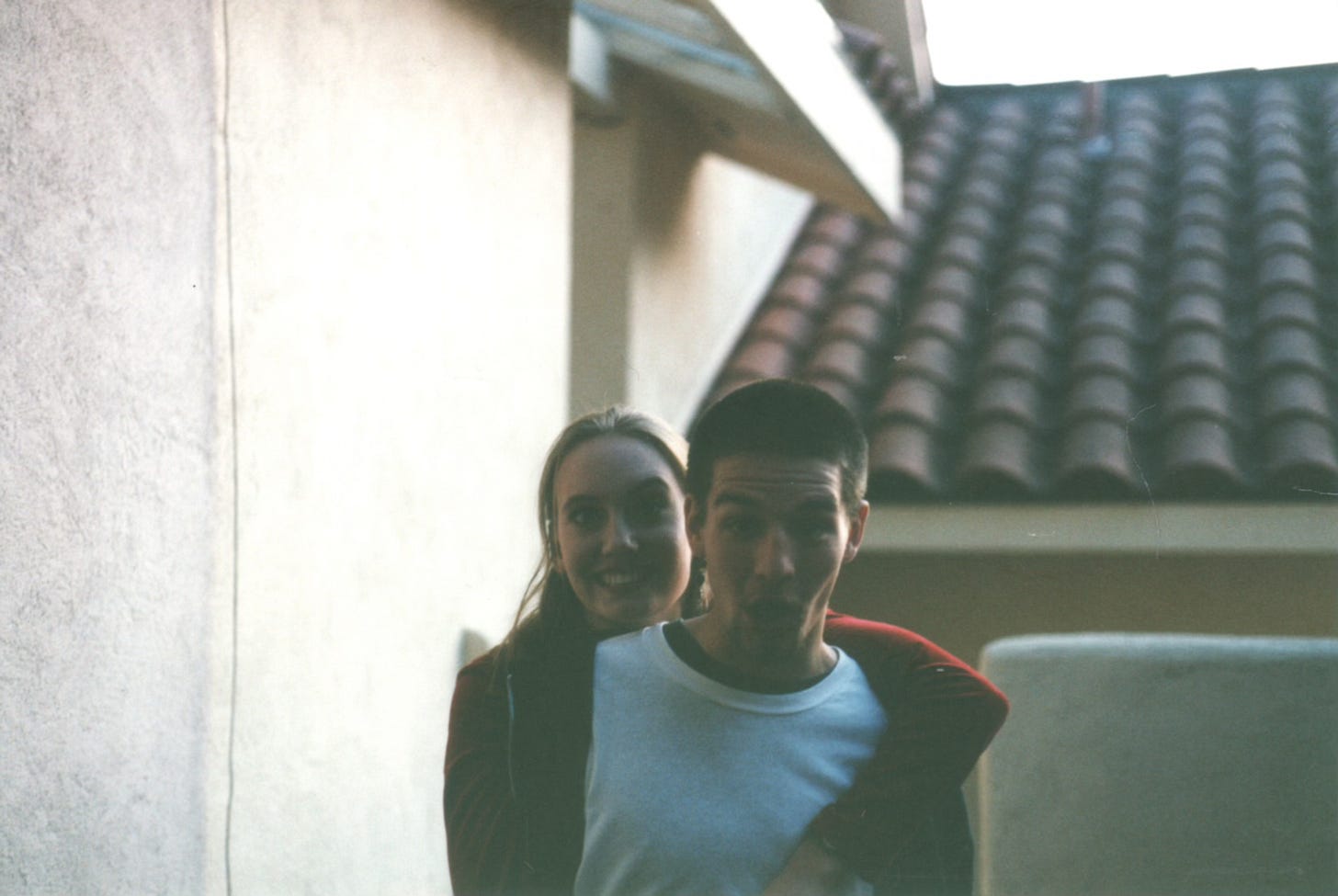We all need money. If only it grew on trees, right? I didn’t exactly grow up with a shining example of the classic Midwestern work ethic. My mom’s “morning routine” was a sluggish start, nursing last night’s hangover, relying on welfare, and on her parents to keep things afloat. My grandparents? They were mostly retired by the time I came along. I do remember them working when I was really young, but by the time I was aware enough to take it in, they were winding down.
With my mom’s financial situation, it was pretty obvious early on that if I wanted any spending money, I’d need to get it myself. So, I landed my first job. And yes, I’m almost certain it was borderline illegal—I was an underage dishwasher at the supper club down the road from our apartment. That gig kicked off a string of random jobs. Next up was bagging groceries. Then I moved to Santa Barbara, and the odd jobs just kept coming, one after another. And strangely, looking back, I seemed to quit each job every November. Maybe it’s the Midwestern hibernation instinct kicking in—something about that time of year just feels like the season to go into hiding.
Nothing quite compares to that special brand of dread that comes with asking for a job, though, right? Tail between your legs, asking for an application, handing it back in, and waiting for the verdict. If I could avoid it, I did. A lot of my jobs came from family, friends, or plain luck. There were even a few thanks to a trusty “Help Wanted” sign.
CHUCK
My stepmom, DM, had this friend named Chuck—one of those larger-than-life people you can’t help but be fascinated by. Chuck was the quintessential creative type, always up to something new and interesting. Thanks to him, I got all sorts of under-the-table part-time work, each job a different crash course in some obscure skill. One day, I was learning to make stainless windows—cutting glass to spec, shaping metal frames, and perfecting the kind of clean, seamless solder point that kept everything looking sharp.
Chuck’s studio was a world of its own, stacked with eccentric art and vinyl records as far as the eye could see. Working there meant I could dig into his collection while I worked, carving glass and piecing together designs. Chuck was a huge Frank Zappa fan, and he had every record Zappa ever made. Every so often, I’d give Zappa another try, feeling like I should get it. But, somehow, it never clicked. Decades later, and still, Zappa’s music just doesn’t work for me—though I’ll admit, the man had style.
Remember those smooth stones with “OM,” peace signs, or cheesy little sayings etched into them? That was all Chuck’s idea. If you ever had one of those in your possession back in the day, there’s a good chance it was something I engraved. Chuck had a setup at his ranch, a proper studio with all the equipment: a photo emulsion machine to create the negative design, and the sandblaster where I’d bring the design to life. We’d always joke about making “special edition” stones for people who were a little less zen—engraved with “Cheater” or something equally biting, perfect for hurling through an ex’s window.
Working with Chuck meant I was never bored. From rock engraving to oddball projects I can’t even remember now, every gig with him had a weird, entrepreneurial edge. He was a one-of-a-kind mix of artist and hustler, constantly dreaming up new business ideas that kept life interesting. It wasn’t just a job; it was a crash course in creativity, a lesson in finding art in the unexpected.
CHILD’S PLAY
My stepmother, DM, has a rare talent for working with children—a gift, really. She’s run a preschool for four or five decades, and over the years, she’s become widely recognized for her remarkable ability to help kids who need a little extra support, particularly those on the spectrum. She has this way of drawing them out of their shells, gently helping them find their footing in the world.
I think back to the first time I met her; she was the daycare teacher at a church my dad briefly attended. And from that day on, for as long as I can remember, that’s all she’s done. Forty-plus years later, she’s still helping children find confidence, laughter, and a sense of belonging, no matter what they might be struggling with.
I was feeling aimless, as usual, a reoccurring theme in my life, unsure of what I was supposed to do next. DM suggested I give working at her school a try and maybe even look into getting my Early Childhood Education credits. I’d always liked kids and figured I might want my own someday, so I thought, “Why not?” DM created such an open, safe, and encouraging environment for play and exploration with the kids that I figured it couldn’t be that hard. Six months later, though, I was about wiped out.
Turns out, six preschoolers will take it all out of you—keeping them entertained, working on reading and numbers, teaching the basics like, you know, using a toilet. It was no joke. On top of that, I was in a relationship with a woman who had a young daughter, an adorable kid who I genuinely cared about. Honestly, she was the reason I stayed in the relationship longer than I should have; I knew what it was like to grow up in a situation like that, and, as usual, I tried to swoop in and “save” the little girl from her mother’s chaos.
Between DM’s preschool and basically living at my girlfriend’s place, helping to take care of her daughter, I had little energy for anything else. It was rewarding, but exhausting. In a way, that experience put things in perspective; I realized maybe raising kids wasn’t in the cards for me after all.
SBPL
The Santa Barbara Public Library was both an incredible and mildly dangerous place to work. As a library page, I got a front-row seat to the endless cast of characters that flowed through its doors. Our “regulars” included quite a few of the local homeless folks, who would come in to escape the street, settle in the aisles, and stake their claim on the library’s more comfortable chairs. I even had a memorable run-in or two with one of them.
The staff, though, was a whole other kind of eccentric. The guy at the reference desk, for example, was not only a wealth of knowledge but my informal LSD supplier for a time. His girlfriend was at UC Berkeley and somehow had access to a chemistry lab where she crafted some impressively clean batches. I learned the secrets of quality library acid between questions about obscure history books.
The woman at the front desk was amazing, too. She was endlessly patient and even helped braid my hair in the Perry Farrell style I was going for back then. And then there was another page, a rock climber who would spend his weekends scaling the desert cliffs. Even during library shifts, he’d be squeezing a tennis ball to keep his grip strong, always ready for his next climb.
The library’s break room and patio were unexpectedly classy perks of the job. We had a private little patio that looked out over the courtyard, where we’d watch the day’s parade of regulars pass through. There was one guy in particular, a Rastafarian who would come daily to practice his very intense karate. He was on a mission, sparring with invisible opponents—or maybe he was contending with whoever he always seemed to be having animated conversations with.
The guy was something else, though—he’d fight with such conviction that he’d eventually strip down to just about nothing, revealing a Bruce-Lee-level physique. You could see every single muscle in his body, spring-loaded and ready to strike. One day, during a break, I was killing time snapping pennies into the fountain in the courtyard, aimlessly flicking them from our perch. Right as I let one fly, Mr. Rasta Bruce Lee stepped out from under the awning and caught it—right on target. Our eyes locked. And in that moment, I just knew: there’d be repercussions.
After break, I grabbed my cart of books and started making my way down the aisles. Shelving books was one of those deceptively simple tasks that let you wander off into your thoughts—admiring the wild variety of cover art, wondering about the worlds hidden behind each spine. But just as I was lost in thought, I looked up to see him—Rastafarian Bruce Lee—waiting at the end of the aisle, dead-eyed and staring straight at me. He started punching and kicking the air in my direction with eerie precision, each move landing in his imaginary brawl with...well, apparently, me.
This went on for what felt like ages, and then he disappeared. But he was there again the next day, and the day after that, each time popping up at the end of whichever aisle I happened to be working in, making it clear he was shadowboxing on my behalf. Eventually, I got paranoid enough to start carrying a box cutter in my pocket, the only "weapon" I could find that wouldn’t get me fired. It didn’t matter that he’d never spoken a word to me—I was now fully convinced he was planning to beat the crap out of me on one of my rounds to the book drop-offs scattered around the library’s perimeter. So I’d clutch that box cutter, every time, just waiting for him to show.
COFFEE
Working in coffee houses was my indie movie phase—the 90s, complete with the beanie and caffeine-fueled existential dread. I loved those early shifts, the satisfying hum of the grinder, setting up the place for the morning rush. There was something about getting the regulars their first hit of the “life-giving elixir” and being that friendly face they could rely on before facing their day. Plus, it was the perfect job for free coffee, snacks, and meeting people.
For a while, I worked at Pierre LaFond, an upscale coffee shop and deli nestled in Montecito. This place was the hangout of the rich, famous, and meticulously coiffed—a world away from my punk-rock ethos. Attached to the shop was Wendy Foster, a high-end home decor and women’s clothing boutique. The women who worked there looked like they’d been handpicked out of a fashion catalog—beautiful, glamorous, and as warm as a midwest winter. They’d brush past me with a polite, forced smile if I was lucky, but mostly, I was just invisible.
This was back in the day when Ted Danson was dating Whoopi Goldberg, and Hollywood royalty regularly graced our little coffee shop. I'd run the espresso machine, make sandwiches, and keep the vibes alive. One of the most amusing and bizarre interactions I had was with Jason Priestley from 90210. He came in every day for about a month, right around the time he was dating Christine Elise—both on the show and in real life.
Now, this was a big deal for me. My friends and I would gather to watch 90210, dissecting every plot twist like it was Shakespeare. So, when he strolled in one day and complimented my vanilla latte and pesto mayo chicken salad sandwich, I nearly lost it. I thanked him, casually mentioned we shared the same name, and how my punk crew and I would watch his show religiously. We shared a good laugh, and from that point on, he’d come in, call out my name, and order “the usual.” We even had a few cigarette breaks together.
I could practically hear the collective tightening of the sticks shoved up all the Wendy Foster women’s asses as they seethed in rage and disgust at his friendliness toward me. In a strange twist of fate, Christine Elise went on to star in the Child’s Play film franchise—talk about a weird Hollywood connection, right?
The coffee shop everyone aspired to work at was See’s Coffee. I was never cool enough to land a job there, but I spent plenty of time soaking in the atmosphere and, ultimately, it’s where I’d meet a close-knit group of friends that I’ll introduce you to soon.
GIFTS and CARDS
I dabbled in some interesting card and gift shops along the way, and let me tell you, they were both bizarre experiences. One in particular stands out—a strange situation that left me scratching my head. The owner seemed to have no real reason for hiring me; it was as if he was casting for a role in a sitcom about misfits. He never seemed to like me and was always nitpicking over the silliest things.
There were two women who worked there alongside me, adding to our odd little ensemble. We were a motley crew, to say the least. I think the owner had grand visions of becoming the next Hallmark of California, but instead, he found himself stuck with us—a trio of people who clearly had a less-than-stellar work ethic for what should have been a laid-back part-time gig at a card shop. The vibe was off, and you could sense his frustration as he tried to whip us into shape. But we were more interested in goofing off than adhering to his Hallmark-esque dreams.
It’s a miracle that place managed to stay afloat, given our antics and the general chaos we stirred up. The cards themselves were just as quirky as the people working there, filled with cheeky sayings and bizarre illustrations that seemed to mirror our own weirdness. In a way, that little shop became a chapter in my life where I learned that not every job is a good fit, and sometimes, the most entertaining experiences come from the strangest of circumstances.
The next place I landed was a high-end, new-age gift shop that felt like a portal to another dimension—if that dimension was filled with expensive oil lamps, home decor from Thailand, and an endless loop of New Age music. The shop was owned by a Thai woman and her husband, a white guy who was a closeted gay and dating her brother. It was super weird. Outwardly, everything appeared straight and normal, but behind the scenes, it was a completely different vibe.
This was back in the '90s, a time when people were still very hush-hush about their sexuality, even in California, which seems strange looking back. But I was never one to care much about others’ preferences; I was just there for the quirky decor and the occasional enlightening conversation.
One of my coworkers, a rather persistent guy, seemed to take a liking to me and always tried to hit on me. He had this habit of trying to get me drunk at our little Christmas parties, which was a lot more awkward than festive. I can’t hear Enya without picturing that guy trying to corner me with his advances while softly crooning about peace and tranquility. It’s a bizarre memory, for sure—like a scene out of a surreal indie film where you can't quite tell if you should laugh or cringe. The atmosphere was filled with an odd mix of incense, overpriced knickknacks, and unrequited crushes, all while I navigated the labyrinth of personal dynamics that made working there an experience unlike any other.
Manual Labor or how I fucked up my back for the rest of my life.
My father was a contractor who ran a business called Design Builders. Like many kids, I thought it might be cool to follow in his footsteps and become a construction worker. Spoiler alert: I was mistaken. Turns out, I'm not cut out for that world. I can measure twice and still end up with a crooked cut or a bent nail.
In California, houses in the hills often have these hefty cement foundation posts for earthquake safety. One day, I found myself working with an older gentleman, a solid old-timer in his 60s or 70s who had spent his entire life in construction. Our task was to pick up those cement posts from a couple of job sites and toss them into the dump truck. These things weighed about 40 to 50 pounds each, and this old pro would just hoist one up and fling it into the truck like it was nothing. The first one I tried to lift left me shocked at how heavy it was. I was a skate punk who had never really done hard physical labor before.
I had to keep my ego intact and keep pace with the old man. For every post I managed to get into the truck, he’d toss in two or three. By the end of the day, I was utterly exhausted. That old man gave me a pitiful look as we wrapped up, and I could tell he was silently judging my struggle.
At this point, I didn’t have a car; I was biking everywhere. That morning, I rode my bike to the job site. The June gloom—a thick, heavy fog—blanketed the area as I was one of the first to arrive. My job was to clean up the site, throw away scraps, and organize the mess from the previous day. While I was picking up some scrap 2x4s, I suddenly felt the most intense pain shooting up my legs and back. I tried to stand, but I was frozen in agony. I might’ve even cried from the sheer intensity of it all.
When my father finally showed up, I was lying on my side, unable to move. I explained what happened, and instead of rushing me to the hospital, he tossed my bike in the back of his truck and took me to my apartment, which I shared with Gon—remember him? He told me that since I didn’t have insurance and it happened on his job site, I couldn't go to the hospital or file for workers' comp. I was working under the table, after all.
I asked him what I was supposed to do, and his advice? Just stay in bed. “But how am I supposed to get groceries and get around?” I protested. He shrugged and told me to wait it out. Looking back now, it’s clear my father, like my mother, was a complete shit parent.
Luckily, my girlfriend at the time, AG, was a sweetheart. She took care of me, making sure I had food, drinks, and cigarettes to survive those tough weeks. I should probably introduce some of my old girlfriends in a future post; they certainly have their own stories!
In the end, I was pretty much incapacitated for about three weeks. It was absolutely horrible—just me, lots of coffee, reading, and smoking cigarettes. I felt like I was stuck in some sort of purgatory, living the life of a bedridden writer without any of the glamor.
But one of the last jobs I had in Santa Barbara before heading off to film school deserves its own post. That place was called "Something Fishy," and let me tell you, it was quite the experience!
LOVE & LIGHT;
MM
EAR & EYE HOLES

